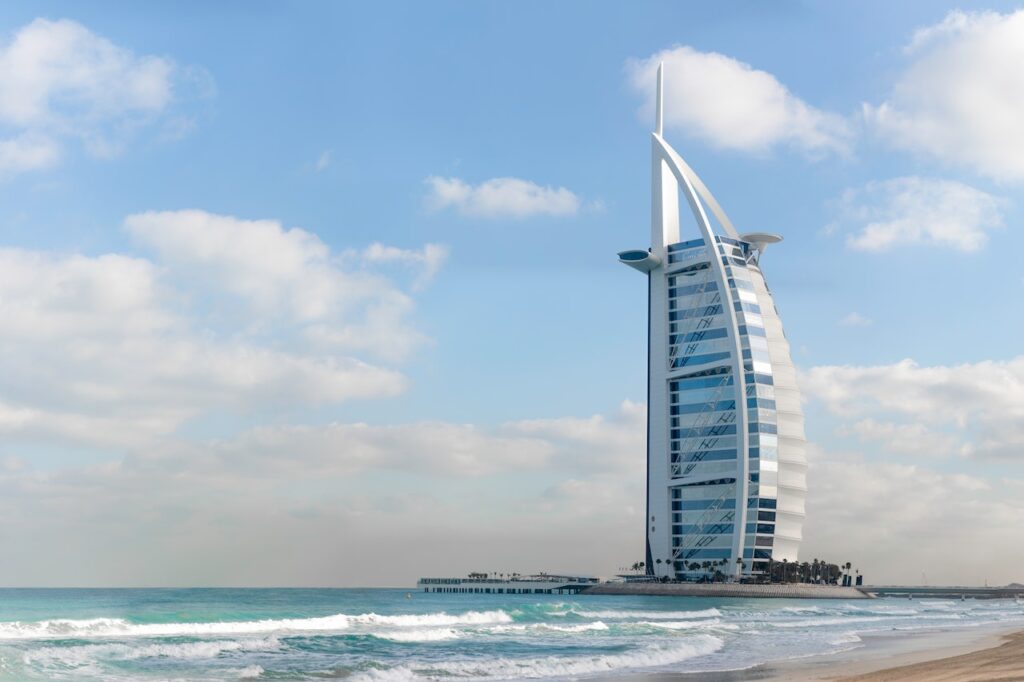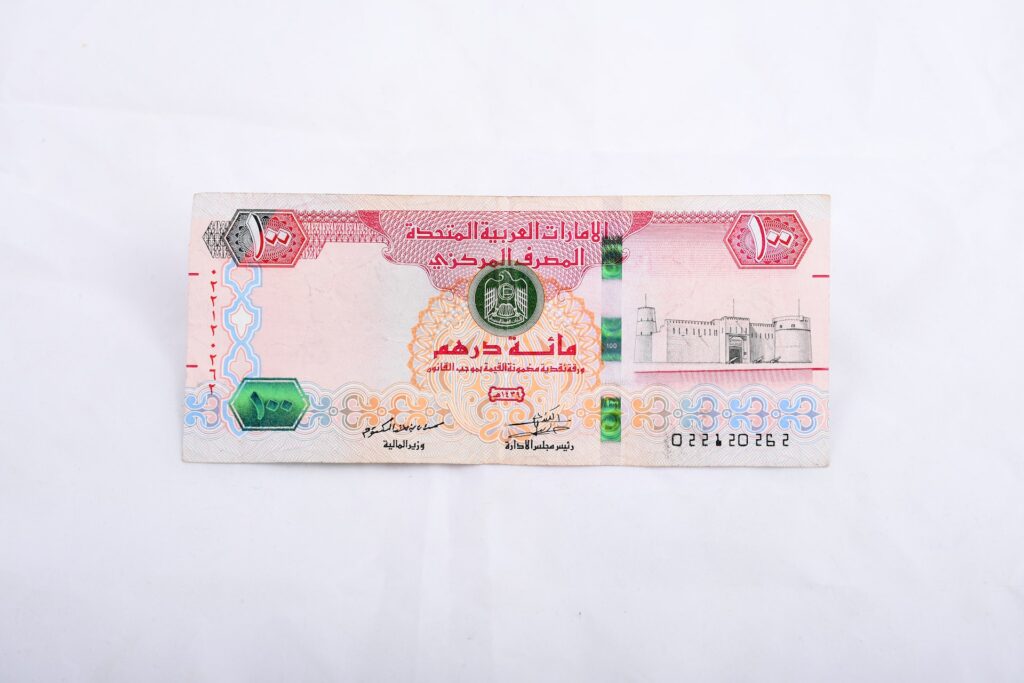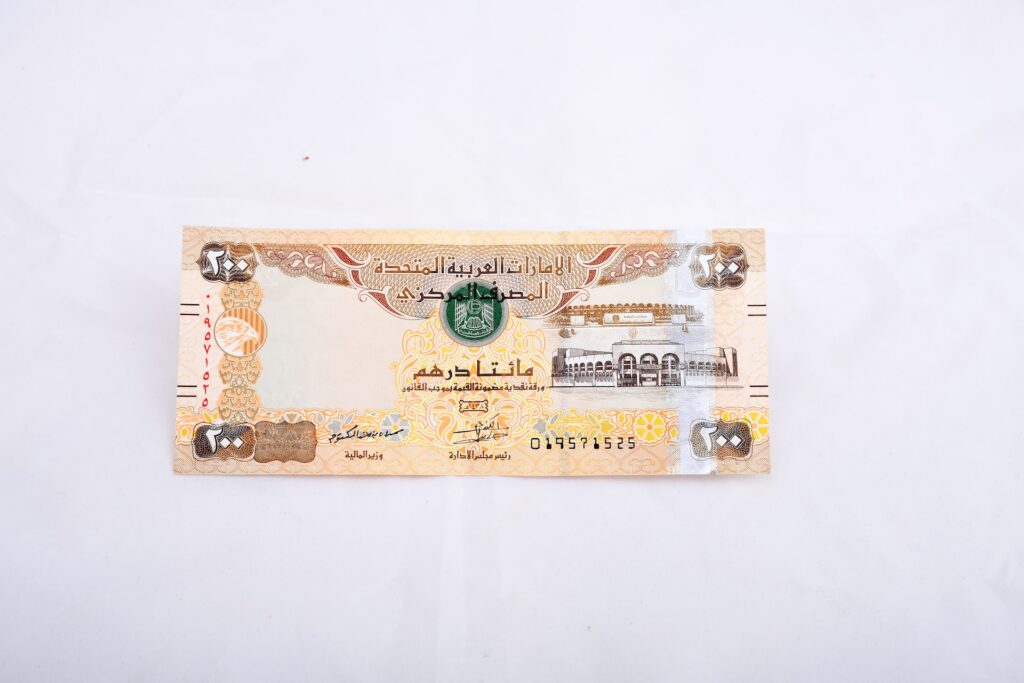A modern cosmopolitan city in the United Arab Emirates, Dubai offers a unique blend of traditional and contemporary culture. The city prides itself on a thriving economy with a dynamic workforce. So, if you are thinking of working here, you probably wonder, “what is a good salary in Dubai?” Read on to find out.
Contents
What Is a Good Salary in Dubai?
A good salary in Dubai is between USD 4000 to USD 5000. This will allow you to live comfortably while still being able to save enough money each month. However, the cost of living in Dubai can be high, so more than this salary package might be needed depending on how well you handle your money.

According to the data from Wage Centre, the average salary in Dubai is $4,490. UAE has a tax-free system, meaning no income tax is imposed on the salary. As a result, you get to enjoy all the salary without worrying about income taxes.
What Factors Determine a Good Salary in Dubai?
Dubai is known for its high standard of living, thriving economy, and high salaries. However, such wages in Dubai vary based on factors such as.
- Job Role
- Qualifications
- Experience
- The demand for a particular skill
- Company Size
- Cost of living
- Nationality
Job Role
The job title and the level of responsibility that comes with it will significantly determine how much you earn in the Middle East’s most expensive city. Professionals in senior management and executive positions, such as CEOs and COOs, can expect to earn higher salaries than those in entry-level roles or fresh university graduates.
For example, a CEO of a multinational corporation in Dubai can earn the highest average salary of AED 165,000 to AED 184,000 per year. In contrast, an entry-level employee will take home a significantly lower pay of AED 15,000 to AED 25,000 per year. Skilled laborers will mainly earn minimum wages.
Dubai is home to many oil and gas companies, and professionals in this industry also earn high average salaries. According to Payscale, engineers, geologists, and other professionals in the oil and gas industry can expect to earn salaries in the range of AED 368,400 to AED 600,000 per year.
Qualifications
Professionals with advanced degrees or specialized skills will generally earn more than those with less education or fewer skills. For example, a doctor specializing in a high-demand field, such as oncology or cardiology, can expect to earn a higher salary than a general practitioner.
Similarly, a chartered accountant with a certification in forensic accounting will earn a higher salary than a general accountant. According to salary data from Bayt.com, the average city salary for degree holders in Dubai is around AED 16,000 per month, approximately USD 4,350.
The average salary in Dubai for those with diplomas and certificates is around AED 8,000 monthly, approximately USD 2,175. However, these figures can vary widely depending on factors such as the specific field of work, years of experience, and the individual’s qualifications and skills.
Experience
The more experience you have in a particular field, the more valuable you are to an employer and the higher salary you can expect to earn.
For example, a senior project manager with 15 years of experience will earn more than a project manager with five years of experience. Additionally, experience in a specific industry can also play a role in determining the average salary.

For example, a sales professional with experience in the oil and gas industry can earn a higher salary than one with experience in the retail industry. A petroleum Engineer earns approximately $270,926 to $500,000 per year, while a drilling Engineer earns AED 20,000-30,000 monthly salary, according to Glassdoor.
Demand for Your Skills
In today’s fast-paced business environment, specific skills have become highly sought-after, and professionals with these skills can command higher salaries. For example, professionals with skills in artificial intelligence, data science, and blockchain will earn good incomes in the technology field, while those without these skills make minimum salaries.
Similarly, professionals with financial modeling and analysis skills will earn higher average salaries in the finance industry, while those with basic skills will earn the national minimum wage. So, you should factor in your skills and negotiate a higher salary before signing that employment contract.
Company Size
The size of your company will likely inform your average salary in Dubai. Generally, larger companies can offer higher wages and other benefits than smaller ones. This is because larger companies have more resources and can afford to pay higher salaries to attract and retain top talent.
Additionally, larger companies may offer more comprehensive benefits and packages, including health insurance, retirement plans, and paid time off, which can add to the overall compensation package. The average salary for Etisalat employees, a large company in the United Arab Emirates, is AED 119153 per year, which is way above the average salaries for small companies.
Cost of Living
The living cost in Dubai is high, like in Abu Dhabi. Living expenses such as housing (the most significant expense), food expenses, public transportation, and healthcare can add up quickly. If you have a family in this Middle East city, you will need to factor in the cost of childcare and education.
The average monthly rent for a studio apartment in Dubai is AED 2,500 to AED 4,500, while a one-bedroom apartment can good as high as AED 5,000, depending on location. For School going children, the school fees range between AED 12,723 to AED 64,093. This does not include transportation or admission fees.
Fortunately, there are several ways to save money on living costs in Dubai. One way is to live in a less expensive city area, such as Sharjah or Ajman. You can also save money by being smart about spending and living within your means.
Nationality
Surprisingly, your nationality will determine your average salary in Dubai and UAE. Migrant workers, particularly those from Asian countries, tend to be paid n the minimum wage, while residents receive more compensation with several benefits for the same job.

This is due to several factors, including discrimination, lack of legal protections, and a lack of knowledge about labor laws. For example, construction workers and skilled technicians from South Asia are often paid less than the average salary in Dubai.
Many migrant workers are unaware of their rights under the law and cannot negotiate for better wages or working conditions. They may also be afraid to speak out against abuse or exploitation for fear of losing their jobs or being deported.
Related Questions
Is AED 45,000 per Month a Good Salary in Dubai
Yes, AED 45,000 per month is a good salary in Dubai. Just like Abu Dhabi, Dubai is one of the most expensive cities in the UAE, and this salary will allow you to afford rent, utilities, and other expenses. However, your income will depend on your qualifications and experience level.
What Is a Good Salary in Dubai for a Family of 4?
The average salary in Dubai for a family of four is about $7,000 per month. This figure does not consider the cost of living in Dubai and does not include overtime pay, which can be substantial. If you are looking for a low-cost lifestyle, consider living outside the city instead of in the city center.
Conclusion
To determine a good salary in Dubai, you must consider many factors. Depending on your experience and qualifications, you could earn a decent salary or be content with the minimum wage. With the high cost of living, you need to make sure you ask for a salary that comfortably takes care of your needs.

